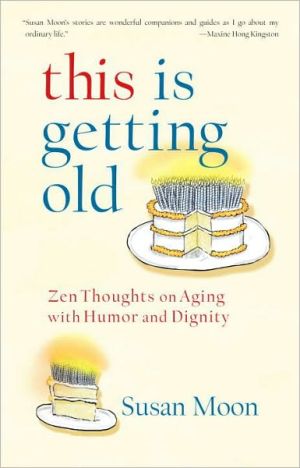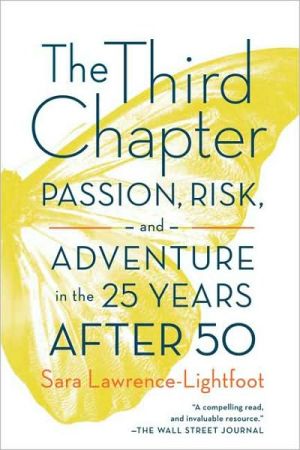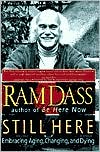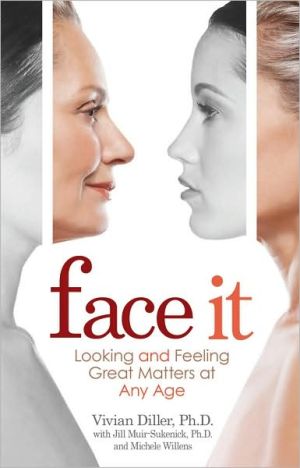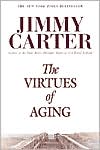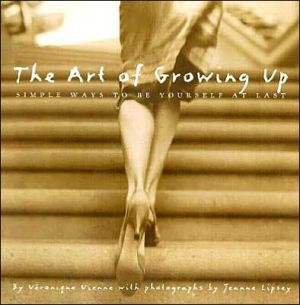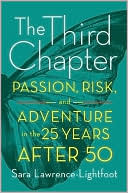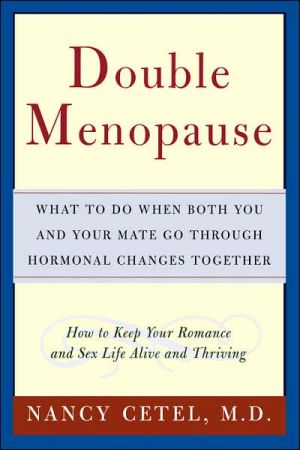This Is Getting Old: Zen Thoughts on Aging with Humor and Dignity
in this intimate and funny collection of essays on the sometimes confusing, sometimes poignant, sometimes hilarious condition of being a woman over sixty, Susan Moon keeps her sense of humor and her reader fully engaged. Among the pieces she has included here are an essay on the gratitude she feels for her weakening bones; observations on finding herself both an orphan and a matriarch following the death of her mother; musings on her tendency to regret the past; thoughts on how not to be...
Search in google:
In this intimate and funny collection of essays on the sometimes confusing, sometimes poignant, sometimes hilarious condition of being a woman over sixty, Susan Moon keeps her sense of humor and she keeps her reader fully engaged. Among the pieces she has included here are an essay on the gratitude she feels for her weakening bones; observations on finding herself both an orphan and a matriarch following the death of her mother; musings on her tendency to regret the past; thoughts on how not to be afraid of loneliness; appreciation for the inner tomboy; and celebratory advice on how to regard "senior moments" as opportunities to be in the here and now. Publishers Weekly In her mid-60s, Bay Area Zen practitioner Moon, former editor of the Buddhist Peace Fellowship’s Turning Wheel magazine, writes, “I wanted to look right into the face of oldness. What is it?” Gentle essays are grouped into three sections: mind/body, relationships, and spirit. Moon uses detail vividly in her determination to make peace with the many failures of brain and body (from forgetting her Social Security number to wondering if she’ll ever have sex again), though not all readers may want to follow her into the intricacies of retinal detachment and an elderly mother on a ventilator. Her best writing occurs when memory, emotion, and spirit coalesce as she recovers parts of herself left behind in childhood or comes to terms with solitude. Overall, the book is long on dignity but a bit short on both Zen and humor, focusing on earnest self-disclosure. But Moon’s honesty about the inner and outer realities of aging conveys an urgent reminder of inevitable loss; indeed, as she reminds us, “I am not getting old alone.” (June)
Introduction ixPart 1 Cracks in the Mind and BodyWhere Did I Put My Begging Bowl? 3Stain on the Sky 10Leaving the Lotus Position 21The Breathing Tube 26Old Bones 40All Fall Down 49Senior Moment, Wonderful Moment 55Part 2 Changing RelationshipsIn the Shade of My Own Tree 61Exchanging Self and Other 70House of Commons 79Getting Good at Staying Still 85Grandmother Mind 93What If I Never Have Sex Again? 99Becoming Invisible 103The Tomboy Returns 108Part 3 In the Realm of the SpiritTea with God 119I Wasn't My Self 122You Can't Take It with You 133The Secret Place 138Talking to My Dead Mother 144For the Time Being 153Alone with Everyone 160This Vast Life 168Acknowledgments 173Credits and Permissions 175
\ Publishers WeeklyIn her mid-60s, Bay Area Zen practitioner Moon, former editor of the Buddhist Peace Fellowship’s Turning Wheel magazine, writes, “I wanted to look right into the face of oldness. What is it?” Gentle essays are grouped into three sections: mind/body, relationships, and spirit. Moon uses detail vividly in her determination to make peace with the many failures of brain and body (from forgetting her Social Security number to wondering if she’ll ever have sex again), though not all readers may want to follow her into the intricacies of retinal detachment and an elderly mother on a ventilator. Her best writing occurs when memory, emotion, and spirit coalesce as she recovers parts of herself left behind in childhood or comes to terms with solitude. Overall, the book is long on dignity but a bit short on both Zen and humor, focusing on earnest self-disclosure. But Moon’s honesty about the inner and outer realities of aging conveys an urgent reminder of inevitable loss; indeed, as she reminds us, “I am not getting old alone.” (June)\ \
